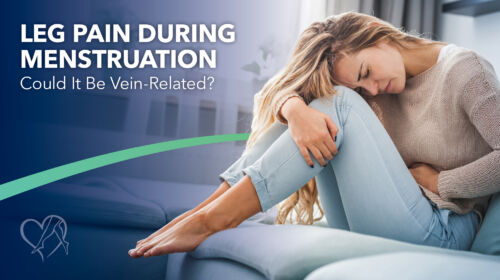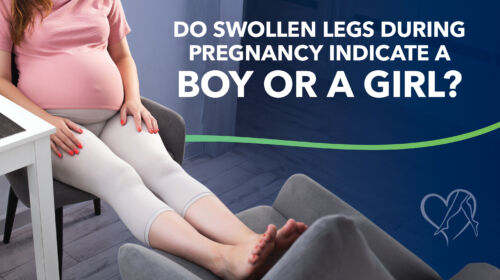
Pelvic Congestion Syndrome: Causes, Symptoms, and Treatment
Learn about pelvic congestion syndrome (PCS), a common yet often overlooked cause of chronic pelvic pain in women. This blog explains the causes, symptoms, and treatments for PCS, including its link to varicose veins and May-Thurner syndrome. Discover how vein specialists at Center for Vein Restoration diagnose and treat PCS to restore comfort and quality of life.

Vein Health and Menopause: What You Need to Know
Menopause brings more than hot flashes — it can also trigger varicose veins, spider veins, leg pain, and swelling. This blog explains how hormonal changes affect vein health, why menopausal women are at higher risk for venous insufficiency, and which lifestyle tips and minimally invasive treatments can help. Learn how board-certified vein specialists at Center for Vein Restoration (CVR) use advanced outpatient treatment options to restore healthy circulation and confidence.
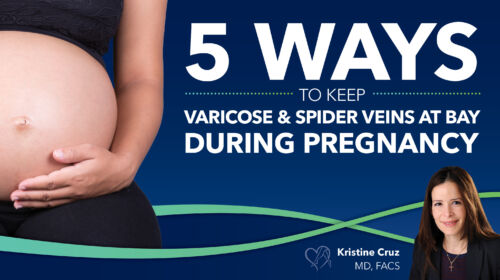
5 Ways to Keep Varicose and Spider Veins at Bay During Pregnancy
Pregnancy can increase the chance of developing spider veins and varicose veins, but there are ways to lower the risk. This blog explains the common causes and offers practical prevention tips such as gentle exercise, leg elevation and compression stockings.
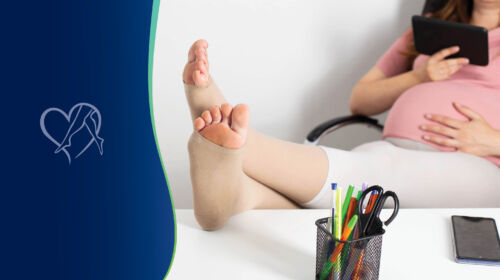
Varicose Veins During Pregnancy: Causes and Treatment Options
Learn why varicose veins are common during pregnancy, what symptoms to expect, and safe ways to ease discomfort.
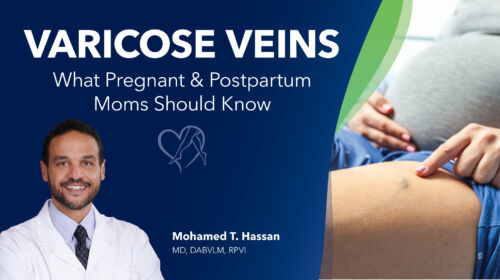
Varicose Veins: What Pregnant & Postpartum Moms Should Know
Pregnancy and postpartum can trigger varicose veins, leg swelling, and pelvic pressure due to hormonal and circulatory changes. Learn how these symptoms relate to venous insufficiency and what steps you can take to feel better—before and after baby. This medically reviewed guide from Center for Vein Restoration explains causes, symptoms, and safe vein treatment options for moms. Discover how board-certified vein specialists can help you find relief with expert, minimally invasive care.
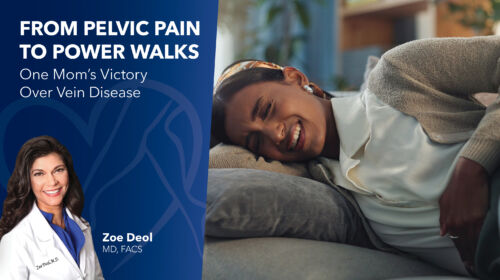
From Pelvic Pain to Power Walks: One Mom’s Victory Over Vein Disease
After years of leg pain and swelling, Debbie’s vein disease was finally diagnosed and treated at Center for Vein Restoration (CVR). A mom of nine and former occupational therapist, Debbie struggled for years with painful varicose veins and undiagnosed pelvic pain, until she found lasting relief at CVR. Diagnosed with severe May-Thurner syndrome and treated by vein expert Dr. Zoe Deol, Debbie’s story is a powerful reminder that persistent leg pain and swelling aren’t “just part of aging.” Learn how expert vein care helped her reclaim her comfort, mobility, and confidence.

Varicose Veins During Pregnancy: When to Worry
Pregnancy-related varicose veins are common and affect up to 40% of expectant mothers. Learn what causes varicose veins during pregnancy, how to manage symptoms like swelling and leg pain, and when to seek expert care for serious concerns like deep vein thrombosis (DVT). Discover safe, minimally invasive vein treatment options at Center for Vein Restoration.

Pelvic Pain? It Could Be Your Veins
If you’re living with persistent pelvic pain, bloating, or discomfort during intimacy, the cause may be more than hormonal—it could be your veins. This blog explores pelvic congestion syndrome (PCS), a common yet underdiagnosed vein condition, and how expert diagnosis and minimally invasive treatments from CVR can offer lasting relief. Dr. Laura Kelsey, board-certified vein specialist, shares how PCS is identified and treated, empowering women to reclaim their health and quality of life.
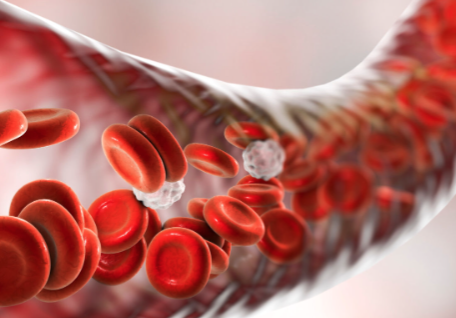 About Vein Disease
About Vein Disease
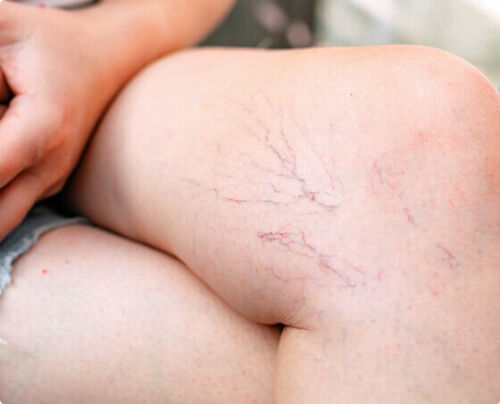 Spider Veins
Spider Veins
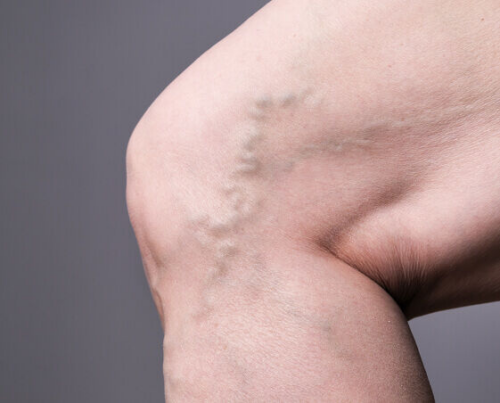 Varicose Veins
Varicose Veins
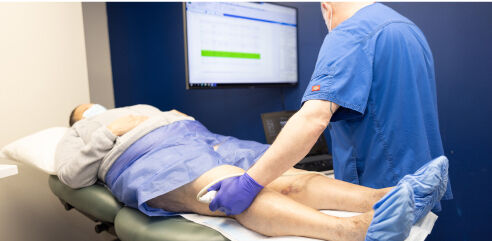 Vein Disease Treatments
Vein Disease Treatments
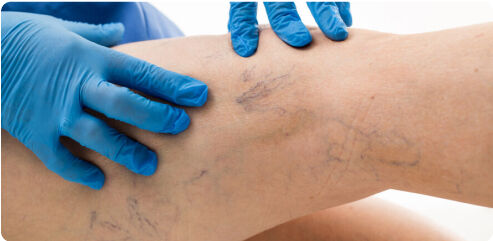 Treating Spider Veins
Treating Spider Veins
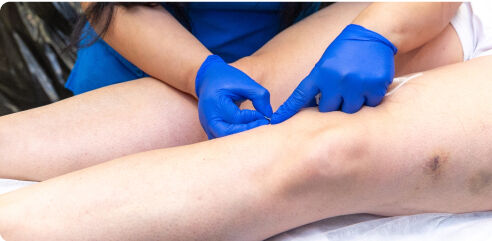 Treating Varicose Veins
Treating Varicose Veins
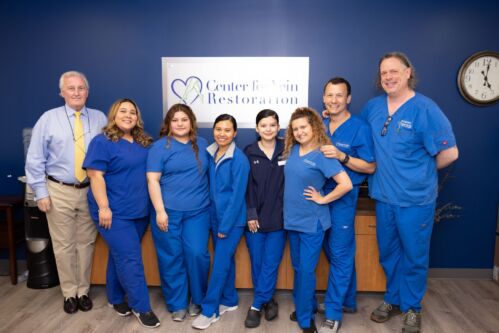 About Us
About Us
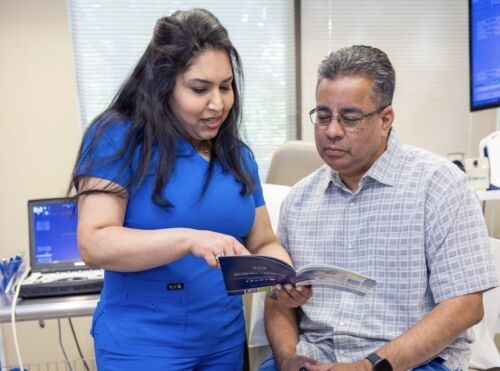 Patient Resources
Patient Resources
 Physician Resources
Physician Resources
